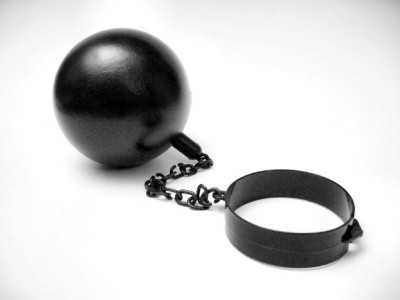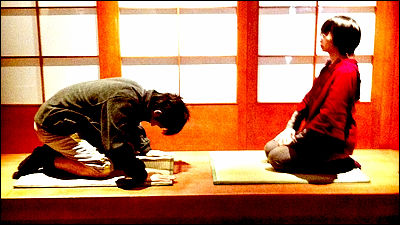Torture has the effect of making innocent people "look suspicious"

For humanitarian reasons, I would like to think that it is not currently done, but "torture" in various ways, regardless of the east and west of the Western world, is justified for a long time by the name of promoting confessions to those who commit crime I have history. In fact, however, even the innocent people suffer as a result of being tortured and suffering, the surprising effect that the third person who saw the figure looks like "a person who committed a crime" is a psychologist at Harvard University It was revealed by the research by Mr. et al.
Should most suspects be convicted if tortured in public and took majority votes in the audience? It is a research theme that reminds me of medieval witch trials somehow, but it is verified by a unique experiment method.
Details are as below.Pain Of Torture Can Make Innocent Seem Guilty
In the experiment, the subjects met a woman who was supposed to be "suspected to have got money by fraudulent acts", then hid behind the scene where a woman was subjected to "torture" to immerse hands in ice water, heard it with a microphone. Women never confessed to the end, but as they suffered from this torture, the subject suffered seemed to have felt the woman as "suspicious".
Journal of Experimental Social PsychologyThis research published in the magazine was carried out by Professor Daniel M. Wegner of the psychology department of Harvard University and Mr. Kurt Gray, a graduate student of psychology major.
"Our study suggests that torture may lead to being considered guilty rather than revealing sins," Gray said. "As if a person who saw the suffering of a tortured person needs to justify the torture in himself," To be justified as a result of committing a crime "a suspect It seems like he is guilty. "
However, not all people who have been tortured look guilty. The subject who just listened to the recording of the state of torture in the past rather than being heard on the spot where the suspect was tortured was felt as "suspect" as the suspects raised the voice of distress. Mr. Gray explains that this different result is due to differences in level of accomplice relationships between subjects and torture practitioners. "Subjects who feel comfortable with torture need to justify torture and will combine the pain of tortured people with the responsibility of those who commit crimes, while subjects who are not involved with torture I do not need to justify torture, I can sympathize with the sufferings of those who are tortured, and combine pain with innocence "
In the experiment half of the 78 subjects met women who were "tortured" (actually a collaborator of the experiment, of course, no harm was added) and half listened to the recording without meeting women. Subjects were told that the experiment was "for research on moral behavior" and that the women received "more than the amount to be paid by themselves due to deception". Subjects who saw the woman subsequently took a proposal from the researcher that "People may be confessing mistakes in the stress state" and hid the woman hiding the situation of being "tortured" in a separate room hidden in the microphone.
Women do not "confess", but they used two patterns of reactions, "indifferent" and "complaining about pain while crying" against torture holding hands on ice water. Subjects who saw a woman rated the crime as heavy as when the woman expressed pain, and the subjects who never met the woman rated the crime as heavier as the woman did not show pain.
Mr. Gray suggests that this result may lead to answering the controversy over "torture". "Looking at the way others suffer will have the effect of fixing each of the different ideologies on the justification of torture.The person who advocates torture originally torture is different from those who refuse torture and its method, It is supposed to feel guilty for the person who received it. "
This research result isPrisoner abuse at Abu Ghraib prisonYou may cast a new light on the incident. Unlike ordinary citizens who do not actually see abuse, the eyes of a guard who witnesses the situation of detainees suffering in the vicinity are seen as those who committed a more serious sin as the detainees suffer more is.
Whether or not torture has a "prompt confession" effect has not yet been clarified yet, but just as a fact that someone has been tortured, a third party believes that "the truth has been revealed" This research suggests the possibility of reaching.
Related Posts:
in Science, Posted by darkhorse_log







